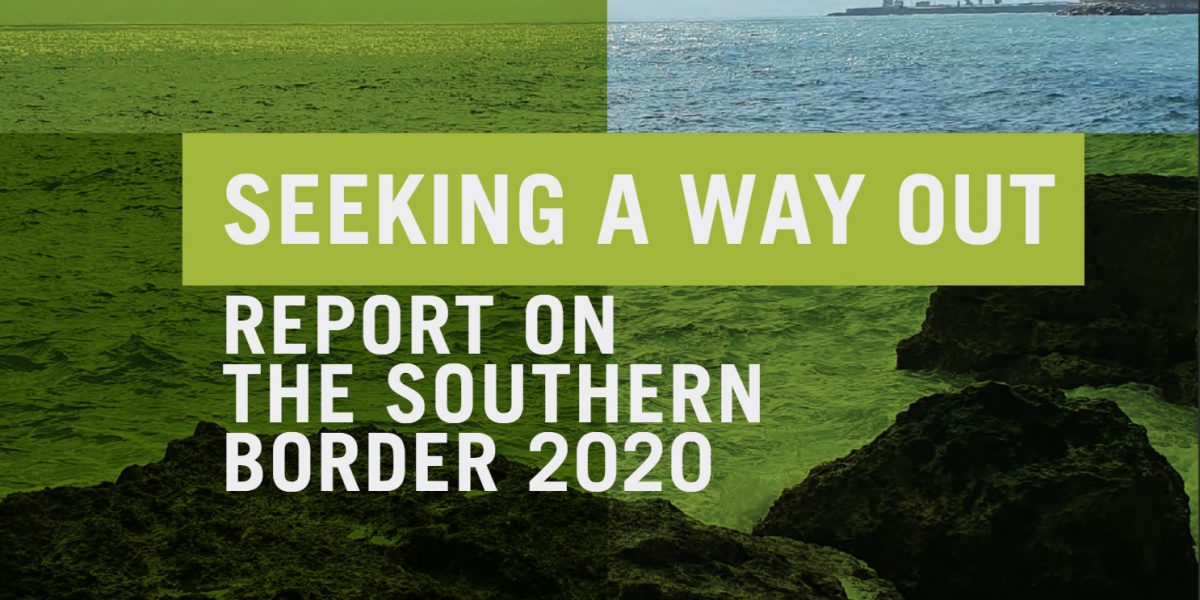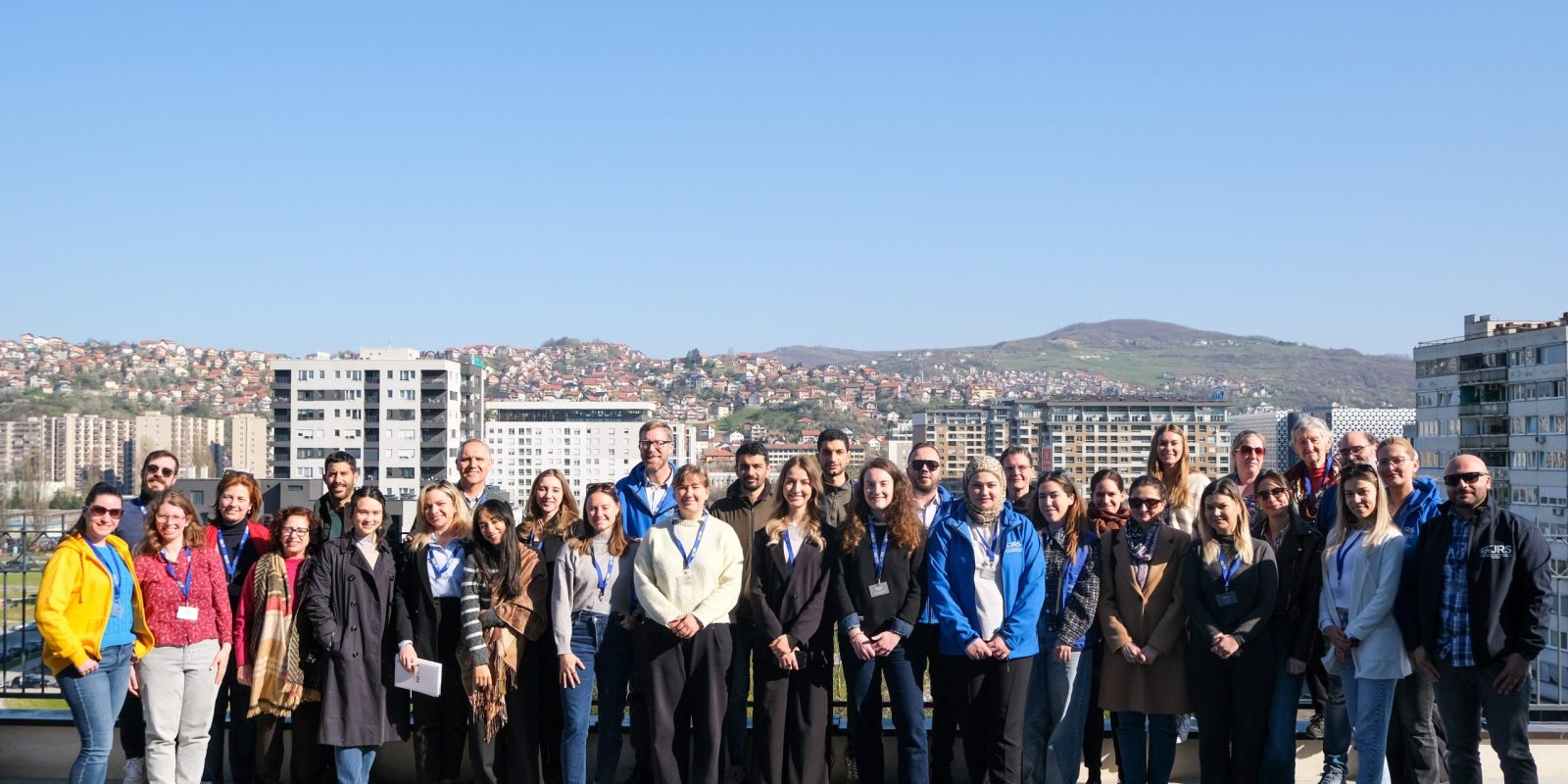SJM’s Southern Border Report 2020: Seeking a way out
18 December 2020|JRS Europe

The Spanish Jesuit Migrant Service(SJM España) released “Seeking a way out”, the report on the situation at the Spanish southern border in 2020. The report analyses the consequences of the tightening of immigration policies on migrants, including asylum seekers, transiting through the Spanish autonomous city of Melilla, at the eastern coast of Morocco, trying to reach the Spanish mainland.
Already in previous years’ reports, SJM identified Melilla as “a geographical labyrinth complicated by a tangle of rules and administrative practices that frustrate the regularisation of the migration project of asylum seekers, migrants in an irregular situation, or even those with a legal residence.” In 2020, the situation is unchanged: Melilla is still a maze where people struggle to seek a way out.
Every year, people from Syria, Palestine, Iraq, Yemen, Algeria, Morocco and from Sub-Saharan countries transit through the city and apply for international protection. Those whose applications are rejected find themselves too often trapped in the city: they are not allowed to enter the Spanish mainland, but their countries of origins are not willing to readmit them. As a consequence, they remain in Melilla, in the always overcrowded temporary reception centre CETI (Centro de Estancia Temporal de Inmigrantes) .
The Covid-19 pandemic worsened the situation, as many people were left out of the CETI while the authorities struggled to provide a proper accommodation for everyone. Moreover, infections have been registered in the CETI.
The report addresses the following issues:
- Risking your life and limbs to seek asylum
- Lack of guarantees in return procedures at the border
- Undue restrictions on the right to free movement
- Treating potential victims of trafficking as criminals
- From the protection centre to the street
- Family life broken by disproportionate zeal
- Management that exacerbates the impact of the pandemic
The report also includes SJM’s recommendations for legislative and policy changes.
The SJM team accompanies and provides legal guidance to migrants and applicants for international protection during their stay in Melilla. In addition, the SJM-Southern Border team continuously monitors the living conditions and human rights violations suffered by migrants and applicants for international protection. SJM also carries out important advocacy work towards the Spanish public authorities, the EU, the Autonomous City of Melilla or other Autonomous Communities. Its advocacy work is based on the knowledge acquired of what is happening on the ground. These data support the team’s own research and that of other entities in the network, especially that of JRS.

